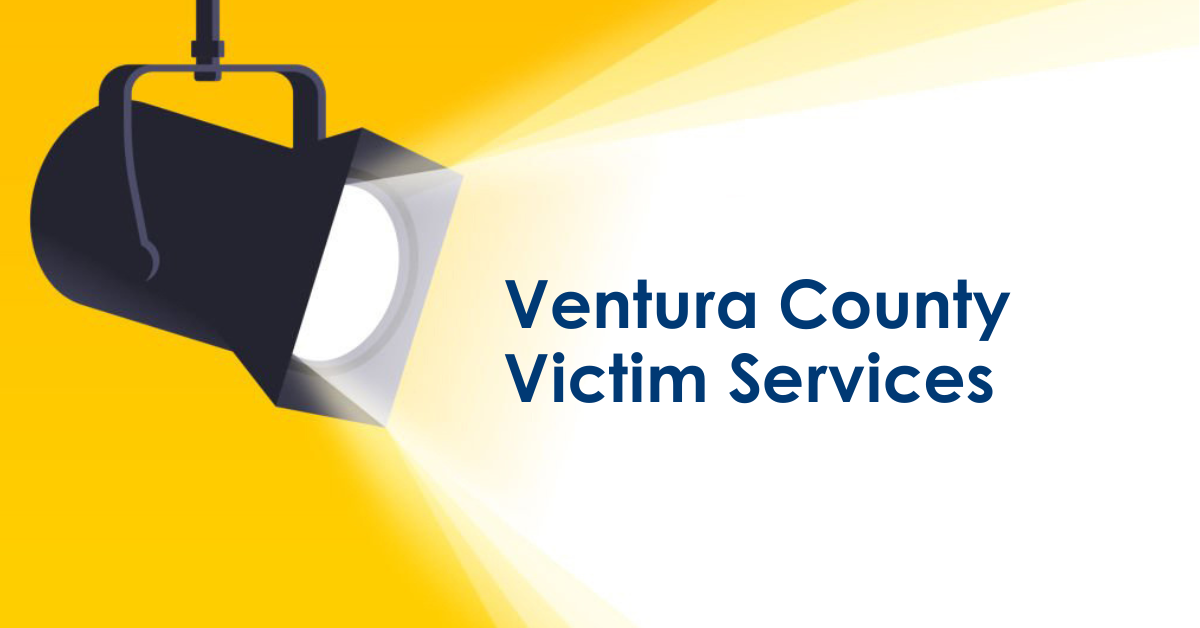Last year, EVALCORP was contracted by the Ventura County Community Corrections Partnership (CCP) to design and implement a countywide assessment of services available to victims of crimes perpetrated by adults. The goal of this initiative was to examine which services successfully addressed the dynamic needs of victims/survivors of crime in the County.
After reviewing the project’s goals and speaking with key stakeholders, our consultants focused on using a trauma-informed approach for the assessment. This approach was integrated into each and every step of the process, from the project design, through data collection and reporting. The assessment involved a series of interviews with key stakeholders; surveys of law enforcement, probation officers, direct service providers, and victims/survivors; and focus groups and interviews with victims/survivors. From including diverse voices in the planning process to being purposeful about wording in surveys to implementing new approaches in the focus group protocol, our team worked to create safe environments that acknowledged and valued all individuals’ experiences. A trauma-informed approach allowed us to tailor the evaluation process to best support the needs of those who had experienced crime.
This program evaluation and needs assessment project was truly a collaborative effort! We brought together many different groups and perspectives to develop a clear understanding of what was available in the county and what individuals needed. Government agencies and community-based organizations united in an effort to better serve victims of crime. These agencies and organizations were involved in not only data collection, but also in the development of the research approach and in the reporting process.
This valuable collaboration within the community helped us to problem solve when we encountered a roadblock. We initially worked with a local community-based organization (CBO) to develop a trauma-informed approach for gathering insights from victims of crime—we planned both a survey to provide participants with privacy and anonymity and a series of focus groups to offer a more personal, supportive environment for individuals to share their experiences. Our evaluation consultants offered the focus groups at different times, formats, and languages but received little participation. We brainstormed once again with staff from the CBOs and decided to change course to conduct individual interviews. Staff from different organizations helped to spread the word and refer their clients. This pivot not only provided valuable data but also led to some insightful conversations with victims of crime, from all walks of life and in all different stages of their process, about what was important to them.
After analyzing both quantitative and qualitative data, we wrote a summary assessment report that included actionable findings and recommendations, and we presented results to the Ventura County CCP and other stakeholders. The CCP’s subcommittee reviewed our findings and met as a group to identify which recommendations they could implement and how. One of the community suggestions revealed by our needs assessment was to offer a mobile service site for individuals who could not travel to the Family Justice Center, a center that provides valuable resources and services to victims of crime and their family members. So, the subcommittee identified options for reaching those who otherwise could not access services—an unused law enforcement vehicle was proposed as a mobile service center. It is so exciting to see the CCP build upon the County and CBOs’ already extensive work serving survivors by working to implement the community’s suggestions! We thank the CCP for everything that they do for Ventura County.

